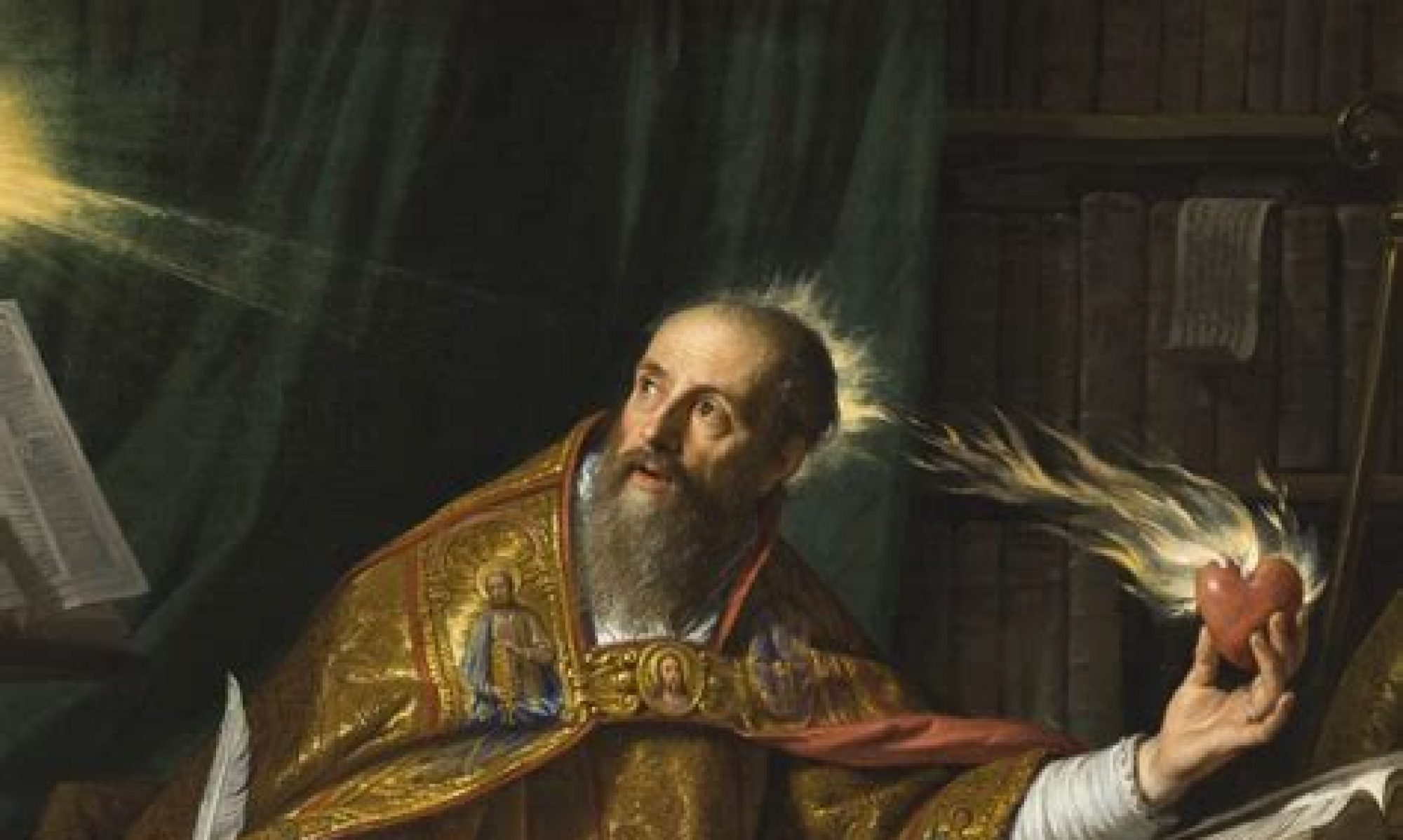Today is the Feast of Our Lady of the Immaculate Conception, patroness of America and other parts of the world, like the Philippines. In the extraordinary form during Advent, whenever a feast is observed, the feria is commemorated, but a Mass is not permitted for this commemoration; rather, the commemoration is made at Mass by an additional Collect, Secret and Post-communion added to those of the feast.
For the information of everybody, we have a regular mass every First Saturday of the month which is not well attended because I presume that some have less knowledge of the message of the Blessed Mother given to the three children of Fatima, Portugal. This is about our devotion which we must know that there are five Saturdays with constancy of receiving the Sacrament of confession, attendance at Mass and Holy Communion for the spirit of reparation for five blasphemes which the Blessed Mother had specified, namely, the blasphemes against the Immaculate Conception.
I do accept that Sacred Scripture does not explicitly proclaim the doctrine of Mary’s Immaculate Conception, that is, Mother Mary’s freedom from original sin from the very start of her life. However, I believe, in reading the scriptures, that this dogma is supported, at least implicitly. Let us remember this biblical text, Luke 1:28, which is about the angelic greeting referring to Mary as “highly favored or full of grace.” There is a Greek verb, “kecharitomene,” the past perfect participle of “charis,” which means a gift, favor or grace. It suggests a permanence and singularity according to the biblical Greek. Such concept of singular permanent grace applies to Mary, which is the foundation of the dogma declared by St. Pius IX in 1854, “Ineffabilis Deus,” the teaching infallibly revealed by God through the living tradition of the Catholic Church.
There are other biblical texts, like John 2 and 19. The “Woman” in Geneses 3:15, alludes to the Blessed Mother, “I will put enmity between you and the woman, and between your offspring and her offspring; he shall bruise your head, and you shall bruise his heel.”
So there is a certain biblical parallel between Mary, the Woman of the New Creation, and Eve, the Woman formed in original justice at the first Creation.
However, there is solid support of this dogma from the early Fathers of the Church, like St Augustine, who writes about Mary’s sinlessness responding to the Pelagian claim that by their own effort believers could be sinless, Augustine insisted that every human was a sinner; however, after saying this, he made an exception of Mary: “We must except the holy Virgin Mary, concerning whom I wish to raise no question when it touches the subject of sin, out of honor to the Lord; for from Him we know what abundance of grace for overcoming sin in every particular was conferred upon her who had the merit to conceive and bear Him who undoubtedly had no sin.” (Augustine, On Nature and Grace, (De Natura et Gratia), 42 (360) St. Augustine meant, not only personal sin, but also original sin. It is my own belief that God from the very beginning prepared the Blessed Mother, even in the womb of her mother Anne, to be the “Ark of the Covenant,” bearing Jesus in the sinless body of Mary. Mary has been pre-redeemed by God. I cannot understand that a perfect and unblemished God, Jesus Christ, would be conceived by a human being stained with original sin.
I conclude that the blasphemy against the Immaculate Conception is just denying Jesus as God. Our Protestant Brethren believe that Jesus is God, but they deny the Immaculate Conception. Hence, when you think about it, a person who doesn’t believe in the Immaculate Conception isn’t really a Christian.
May our Lady of the Immaculate Conception intercede for us.
Fr. Arlon, osa

